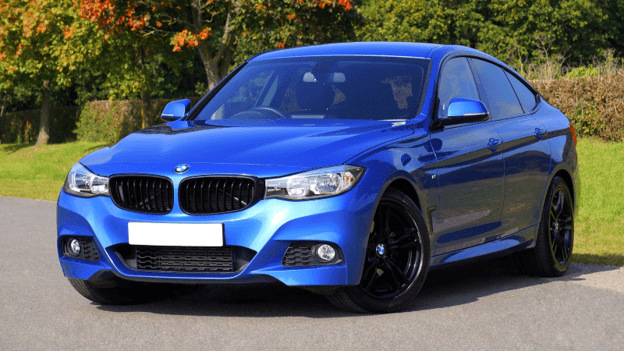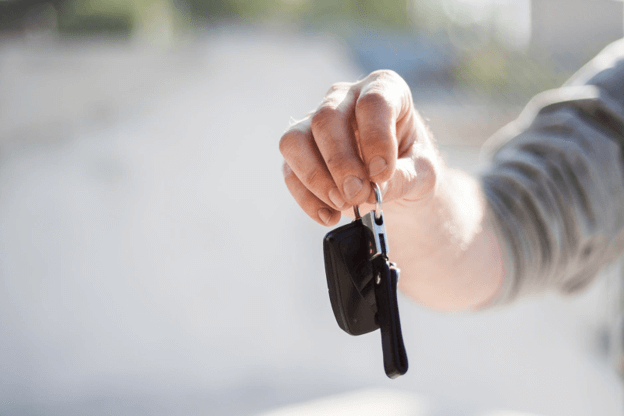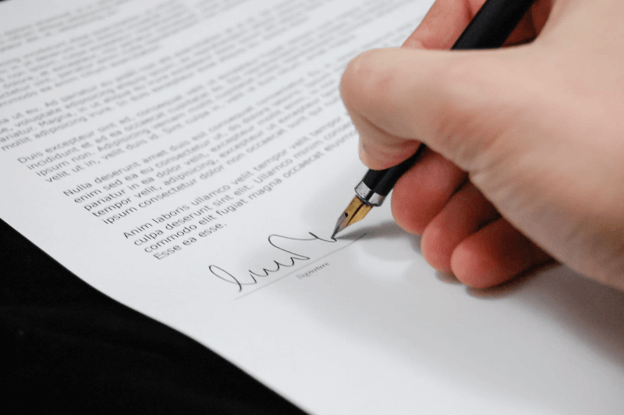Buying or Leasing a Car: Which is Better?

If you're looking for a new car, you'll always be presented with the same question – are you going to buy or are you going to lease? While there are strong proponents for each choice, the truth is that this question comes down to your own personal choices. It's a good idea to get some information to determine if you should buy or lease your next car. Before you start weighing pros and cons, though, you need to start by figuring out your own goals when it comes to getting your next vehicle.
Know Your Goals
Before you can determine whether you should buy or you should lease a car, you need to decide what your goals are with the vehicle. Are you looking for something that's going to last for many years to come, or are you just looking for something for the near future? Is it important for you to have the latest and greatest vehicle, or would you be comfortable driving something that's just reliable?
It is also important to understand what the end result will be if you choose to buy as well as if you choose to lease. When you lease, you're going to have the car for a shorter period of time and eventually bring it back to the authorized dealer. When you buy, you're going to pay off that car and it will stay with you. Though which is better might seem obvious to some, the truth is that not everyone wants to hold on to a car for the better part of a decade and not everyone is comfortable with the idea of putting money into something without building equity. You need to figure out what your end goal is before you go any further.
The Benefits of Buying

The big benefit of buying a car is, at least to most, that you will own a vehicle after you're done paying off your loan. While you might not get ownership of the vehicle immediately depending on how you finance the purchase, you're eventually going to own the vehicle free and clear after you're done paying. This not only means that you'll eventually reach a point where you have a car and no payments, but also that you have an asset you can use for other purposes.
Buying also gives you much more freedom in how you use the vehicle. Lease agreements can be fairly strict, specifying the maximum amount of mileage per year and giving you strict deadlines as to when service has to be done and sometimes even where you might be able to take your car to stay in compliance. If you want to be able to drive to your heart's content and you don't want to have to worry about a contract, it makes much more sense to purchase a vehicle outright and to make your own choices until you're ready to buy something else.
Choosing to buy is also attractive for those who are not able to put a great deal of money down. There are plenty of car dealerships that offer no-money-down deals on purchases, as well as those which will let a buyer get away with only putting down a fraction of a car's price. Leases, on the other hand, generally tend to require a downpayment. This means that even though a lease might cost less over the long-term, it can be a much more difficult financial proposition for those who don't have much cash on hand.
The Benefits of Leasing

Leasing has its benefits as well. When most people lease, they tend to lease newer vehicles than they'd otherwise be able to buy. Simply being able to get access to the newest and best cars on the market can be very nice, especially if you're more concerned with driving something new than owning a car. It also tends to be easier to find a leased vehicle that's reasonably priced even though it comes with extra features than it is to find similar cars to buy, if only because most people aren't going to pay extra for the most expensive trim packages.
Choosing to lease can also be very beneficial for those who know that they're going to want to switch out cars by the time a lease term is over. Though you won't build up any equity in the vehicle, you also won't walk away owing any money after a set period of time. You can simply decide that once your (usually shorter-term) lease is over, you can lease a newer or better car. If your situation changes, you can switch out to a new vehicle without having to sell your old vehicle or pay off a car loan.
The price tag is often an incentive as well. Because lease plans are more accurately represented as monthly or yearly fees than as the price of the vehicle, you'll generally pay a lot less when you lease. This not only makes it possible to drive a better car, but it can end up being a very useful choice for those who are trying to keep their overall payments down. When the difference in price can be over a hundred dollars per month between leasing and buying, it simply makes more financial sense for some people to lease their cars.
Dealing with Accidents
As an aside, it's a good idea to know how the possibility of dealing with an accident will impact you when you lease or when you buy. If you have an accident when you lease, for example, you'll still have to pay off the balance of your lease before you can move on from the contract. If you're buying, on the other hand, you'll only be responsible for what you still owe on the car if it's not already paid off. It's important that you know which type of situation will cause you the greatest financial impact when it really matters. Take some time to consider your own ability to pay for damages out of pocket and whether or not you can afford to deal with a long-term lease payment even if you don't have access to your vehicle. Doing so will help you make a more financially responsible choice.
Should you buy or lease? If you're looking for a long-term investment that might not require a big down payment, buying is usually a good choice. If your goal is to have a new car more often and to have lower payments, leasing makes sense. In either case, choosing the right method of getting into a new vehicle will make your life easier and should allow you to feel more financially comfortable with your car. Though buying and leasing are both good options, your goal is always to find the one that actually suits your lifestyle.
839GYLCCC1992




Leave a Reply